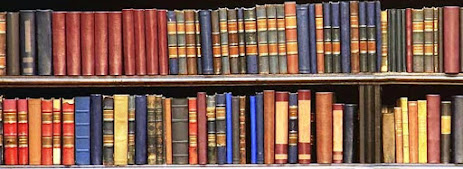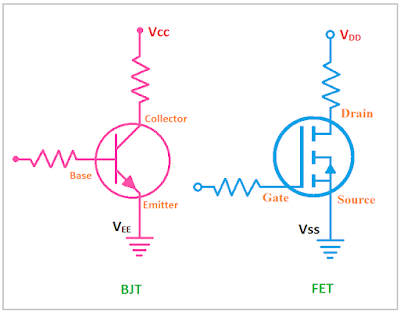Top Exam oriented Books Recommended for MSc IT Information Technology by Gauhati University

List of Best Recommended Text Books for MSc IT Students • Stroustrup, B. (1995) The C++ Programming Language, Addison Wesley Publishing Company • Schild Herbert , The Complete Reference to C++, Osborne McGraw Hill. • Rambaugh et al., Object Oriented Modeling and Design, P.H.I. (EEE).

